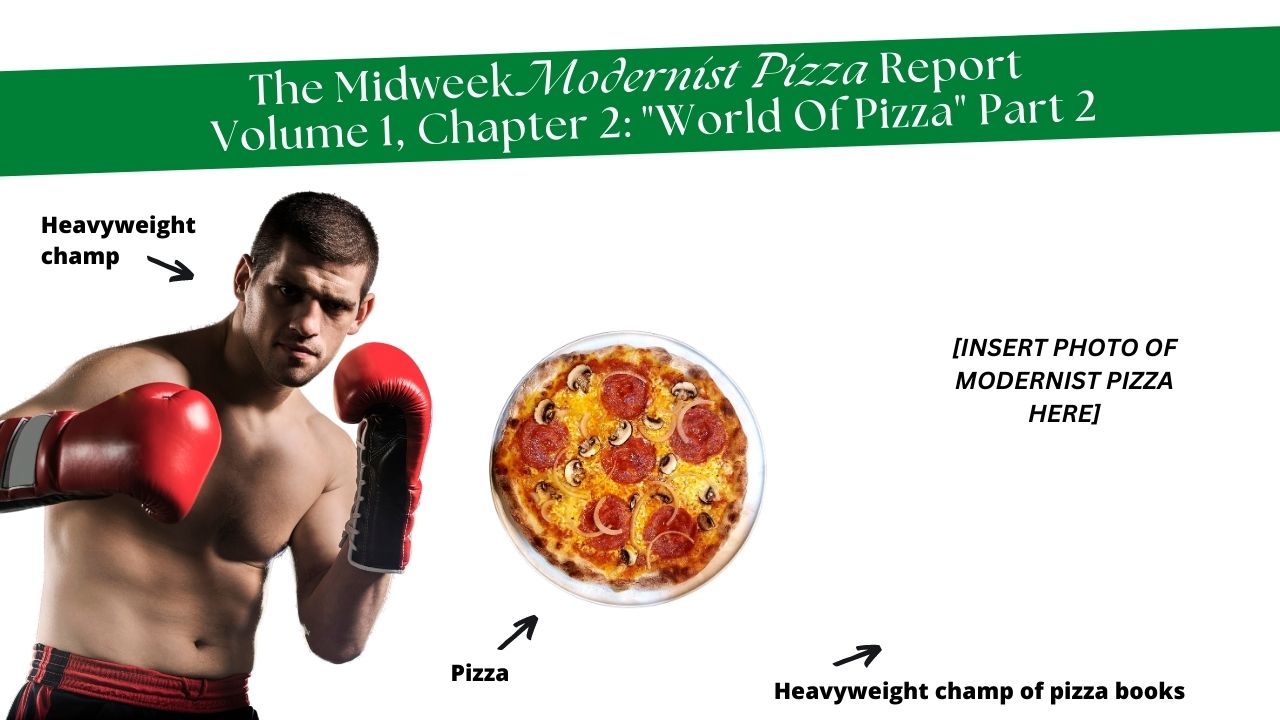The Ongoing Modernist Pizza Review, Volume 1, Chapter 2, "World Of Pizza" (Part II) |
AuthorBlaine Parker is the award-winning author of the bestselling, unusual and amusing how-to pizza book, Free The Pizza. Also known as The Pizza Geek and "Hey, Pizza Man!", Blaine is fanatical about the idea that true, pro-quality pizza can be made at home. His home. Your home. Anyone's home. After 20 years of honing his craft and making pizza in standard consumer ovens across the nation, he's sharing what he's learned with home cooks like you. Are you ready to pizza? Archives
July 2024
Categories
All
|
© Copyright 2021, 2022, 2023, 2024. All rights reserved.
As a ShareASale Affiliate and an Amazon Associate, we earn a small percentage from qualifying Amazon purchases at no additional cost to you.
When you click those links to Amazon (and a few other sites we work with), and you buy something, you are helping this website stay afloat, and you're helping us have many more glorious photographs of impressive pizza.
When you click those links to Amazon (and a few other sites we work with), and you buy something, you are helping this website stay afloat, and you're helping us have many more glorious photographs of impressive pizza.


 RSS Feed
RSS Feed